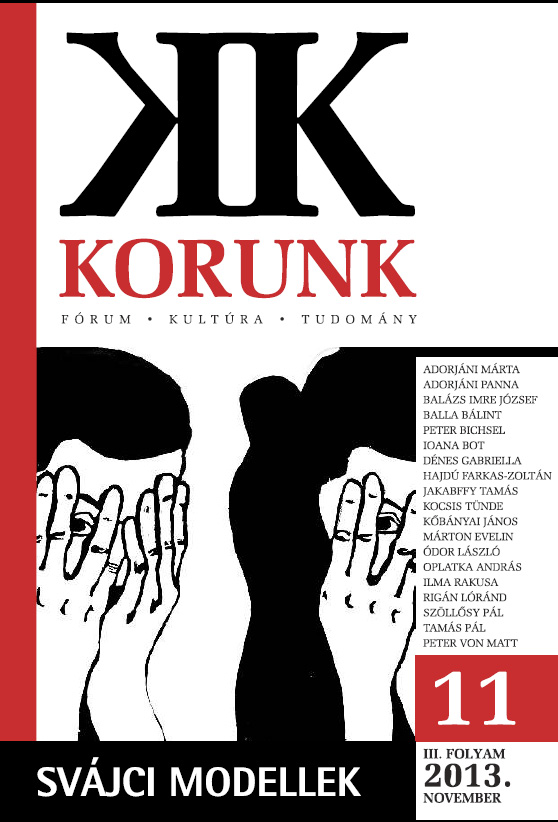A svájci utópia keleten: egy túlhasznált ideogramma
The Swiss Utopia in the East
The author explains the attraction of Eastern European countries towards the “Swiss political model” and presents the historical variants of viewing it as a model for Eastern Europe. The methodology of the analysis is that of political sociology.
Author(s): Pál TamásSubject(s): Essay|Book Review |Scientific Life, Political Essay
Published by: Korunk Baráti Társaság
Keywords: utopia; canton; political model; federationalism; autonomy
Summary/Abstract: The author explains the attraction of Eastern European countries towards the “Swiss political model” and presents the historical variants of viewing it as a model for Eastern Europe. The methodology of the analysis is that of political sociology. The conclusion of the analysis is that the Swiss model as such represents a utopia for countries like Hungary, Romania, the former Yugoslavia and Czechoslovakia. The specific emergence of the Swiss model, the aspects of Swiss political culture and national identity differ from the realities of East-Central Europe and of the Balkans. Some very specific elements of the Swiss political model are taken into account as a conclusion, elements that can inspire Eastern European political strategies, but which do not mean that the Swiss model as a whole can be transferred to different countries.
Journal: Korunk
- Issue Year: 2013
- Issue No: 11
- Page Range: 20-31
- Page Count: 12
- Language: Hungarian

